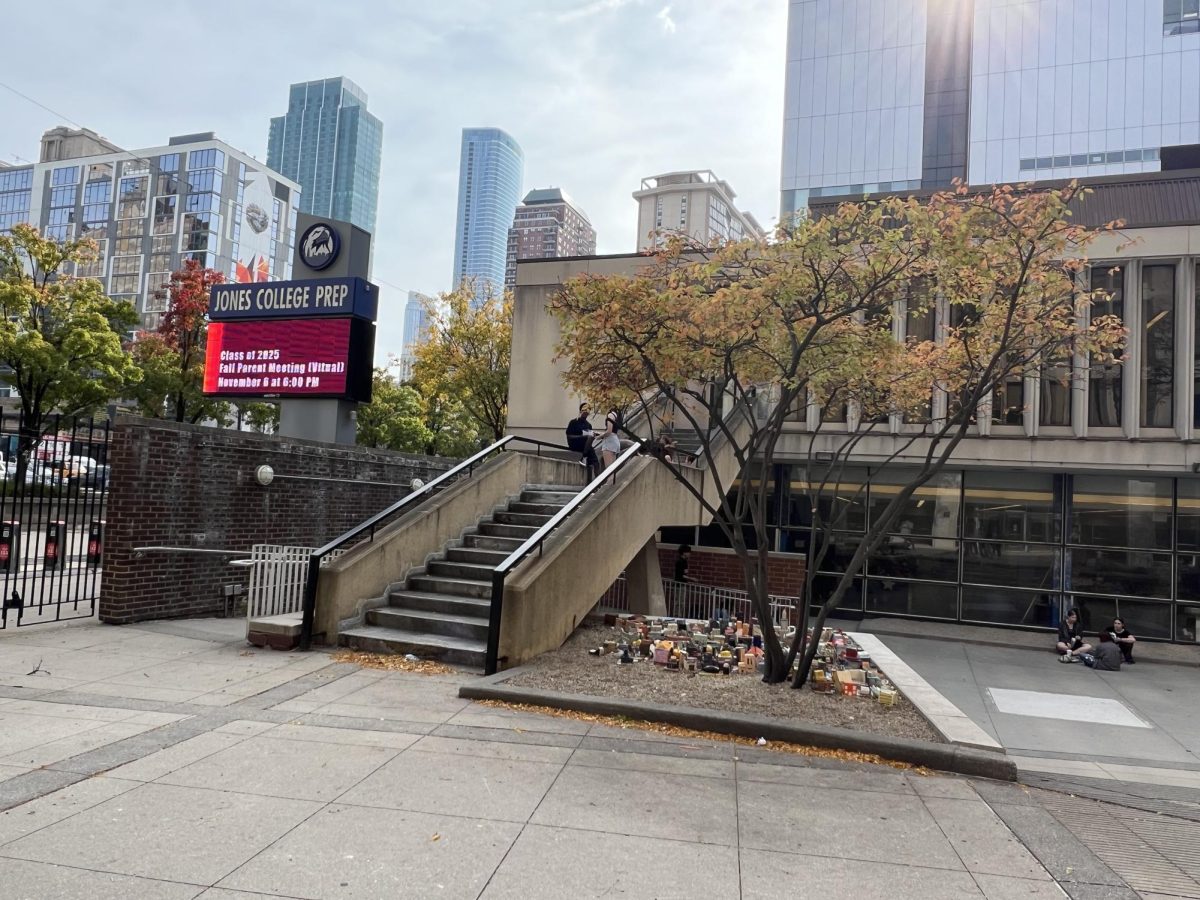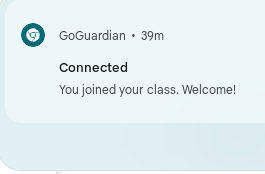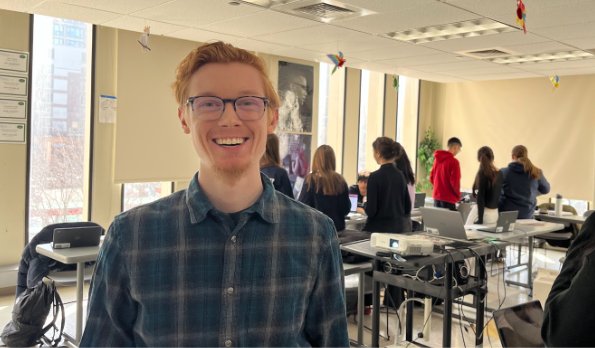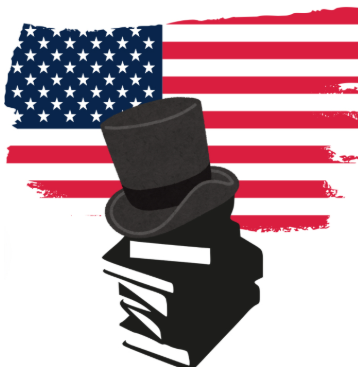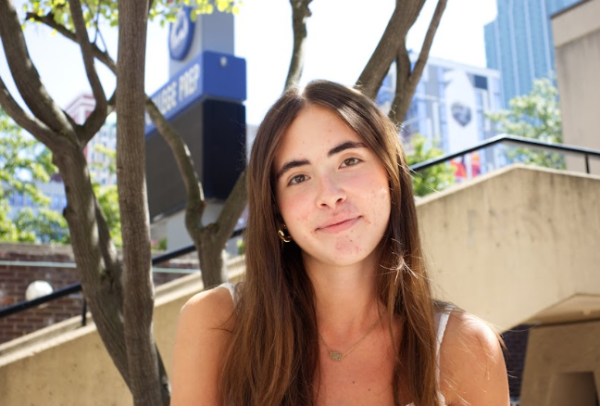On November 11th, the Jones College Prep administration announced an intended revision of the AcLab social spaces.
Social spaces were a new concept this school year, which adapted from prior, less-enforced areas.
“The social spaces didn’t exist in a formal way last year. Before COVID, students were allowed to work in the halls, and then they could come to classrooms for help from their teachers,” said Jones math teacher Kyle Eck. “And so in that way, the halls functioned as a social space.”
New, specifically-designated areas emerged due to a change in Jones administration.
“With Ms. Dolan coming in last year, admin were not happy with students being in the halls,” said Eck. “The creation of social spaces was a reaction to the thought about scanning and requiring students to be in a specific space.”
For the duration of the school year so far, both the South and North Cafeteria, plus the courtyard, have been designated large social spaces for students to hang out with friends, chat, play games, and more.
“I’ve spent time this year during aclab in the courtyard when it was still nice out, and now the North Cafeteria,” said Carys Lewelling ‘26. “It’s been really good for me on days where I don’t have a ton of homework and want to just chill during that hour.”
However, the administration unexpectedly announced a proposed revision to the social spaces due to feedback from teachers, who take turns monitoring the areas.
“Maintaining these spaces has been a ton of extra effort for staff,” said Eck. “I know in the math department, we have spent hours making spreadsheets and setting up rotations to decide what teachers will be in what room, with the goal of making sure that students can still get the help they need.”
Despite increased effort and time which go into the social spaces, teachers still see the positive aspect these areas bring to students.
“Personally, I have enjoyed the social spaces existing at least a little bit,” said Eck. “I have watched the south cafeteria a number of times, and I usually see students there doing good work or socializing with their friends, not misbehaving.”
The intended revision of the social spaces includes two distinct proposed solutions.
“When admin sent out the email about social spaces being closed, they mentioned either closing the larger spaces all together or changing which spaces are open,” said Lewelling. “I feel like either option would be a bit counterproductive.”
The adaptation to social spaces has caused uproar among Jones students, due to their strong feelings about how closure of social spaces will affect them.
“I’m upset about the social spaces closing, because I feel like closing these spaces would cause more students to go to classrooms and make them more crowded,” said Lewelling. “If the rooms get more crowded, it’s gonna be harder to focus and get the help that I need.”
The Jones Student Government Association has attempted to take a stand against this new implementation.
“We know most of the students agree with SGA that closing the social spaces would be bad,” said Sophomore SGA President Kate Mattiello. “Therefore we have been communicating with other students on their perspectives on the issue to show admin how the student body really feels about closing social spaces.”
Despite student concern, administration is providing room for student feedback and response to the intended changes.
“They did include a form in the email about the changes,” said Lewelling. “It asked for our opinions on the revisions to the social spaces, and then I think they are going to discuss the results at a meeting to pick the best solution.”
Students hope their opinions are taken into consideration by administration, in order to create a solution which will satisfy themselves and others.
“I’m hoping the admin listens to what we have to say,” said Lewelling. “I don’t want my AcLab structure to drastically change again, and I feel that listening to student opinion would help make the best decisions for the school.”

